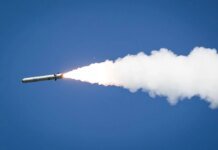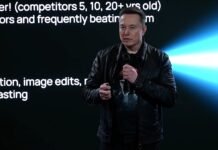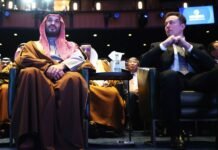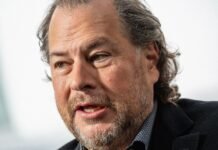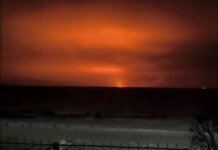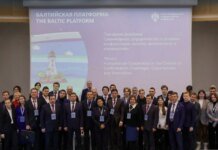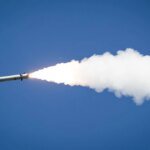During a meeting in Alaska, Russian dictator Putin did not want peace in Ukraine; instead, he began talking about a "single nation" with Ukrainians, which led Donald Trump to almost walk out of the meeting and raise his voice several times.

The summit between Trump and Putin in Anchorage in August became a turning point in the US attitude towards the war in Ukraine – instead of the expected settlement in the form of a ceasefire, Donald Trump found himself under pressure from Moscow's demands for territorial concessions from Ukraine. Putin's "historic" tirade about a single nation, ancient princes, and Cossack figures set the discussion in such a way that Trump spoke louder, almost left the negotiations – and forced a change in Washington's foreign policy course. This is stated in the Financial Times material, writes UNN.
Details
During the August meeting in Alaska, where the two heads of state were supposed to conclude a peace agreement, a demonstration of force and historical narratives took place on the part of Russia.
According to analysts, during the meeting, US President Donald Trump hoped to obtain a specific commitment from the Russian Federation, led by Vladimir Putin, to cease hostilities in Ukraine. Instead, Putin categorically rejected all such proposals, voicing harsh conditions: Ukraine must capitulate and cede control over parts of Donbas.
What is Ukraine counting on?: a member of the national security committee on the possibility of providing Tomahawk amid Zelenskyy's meeting with Trump17.10.25, 11:14 • 18387 views
The FT material states that after official handshakes and smiles, the atmosphere changed behind closed doors. Putin referred to historical events and figures – from Rurik and Yaroslav the Wise to Bohdan Khmelnytsky – to emphasize his thesis about the common roots of Ukraine and Russia.
According to some accounts, Trump, embarrassed by these arguments, repeatedly raised his voice, and at one point even threatened to leave the summit. The planned joint dinner, where economic projects and a broader delegation were to be discussed, was canceled.
Despite this, the meeting ended without a concrete agreement. The agreed ceasefire regime did not materialize in the negotiations, Trump's conditions for new sanctions remained distant, and the US position changed – from general statements about a ceasefire to a willingness to consider tougher steps to support Ukraine. In particular, pressure on European allies regarding the use of frozen Russian assets and increased cooperation with Ukraine in the field of defensive weaponry is reported.
Zelenskyy in the US held talks with the manufacturer of Patriot and Tomahawk17.10.25, 08:46 • 3210 views
This change of course was not complete: some US threats remain at the level of statements, without direct implementation. But after the Anchorage summit, analysts say, Washington's policy became noticeably tougher – and Ukraine received signals that the US is ready not just to negotiate, but to apply real pressure on Moscow.
Recall
On October 16, Ukrainian President Volodymyr Zelenskyy arrived in Washington for talks with US President Donald Trump.
Trump stated that Zelenskyy would ask America for Tomahawk missiles during the meeting in Washington. It should be noted that before this, on October 13, the US President stated that he would send Tomahawk missiles to Ukraine if Russia continued the war.
Trump also emphasized that Russia does not want to end the war. In addition, recently Donald Trump called on Russian dictator Putin to end the war in Ukraine.
However, yesterday, October 16, on the eve of the meeting with Zelenskyy, Trump had a long conversation with Putin. Trump stated that a high-level meeting between US and Russian teams would take place next week. He also stated that he would meet with Putin in Hungary to discuss the possibility of ending this "inglorious" war between the Russian Federation and Ukraine.

